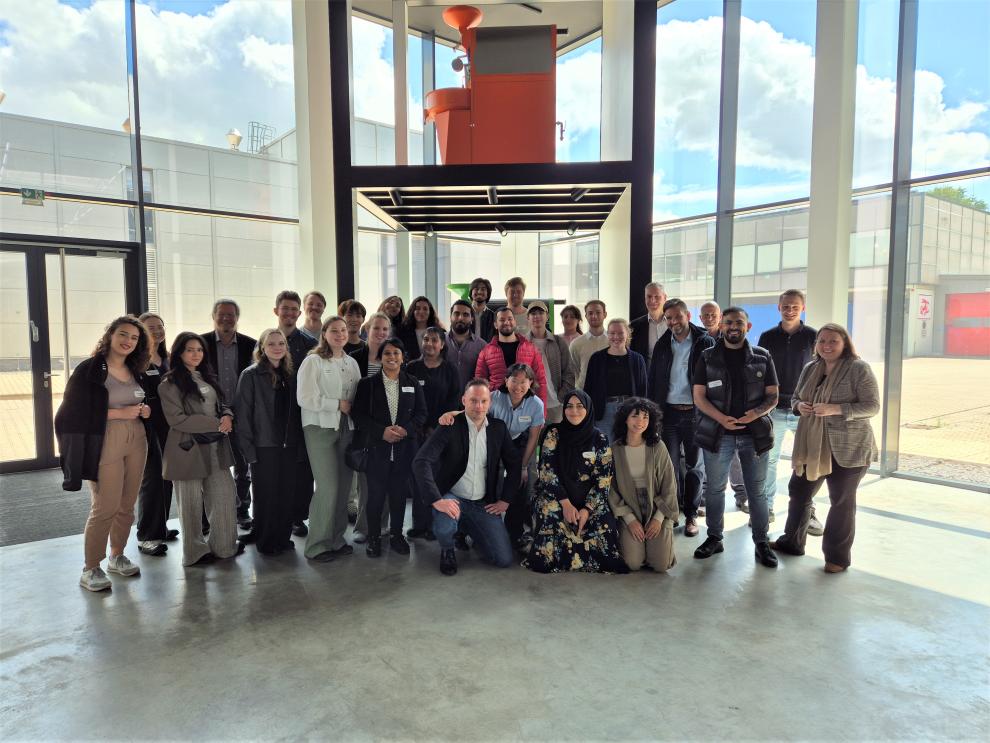Cross-Border Future Skills: A Successful International Exchange Project Promoting Future Competencies
Successful cooperation with PROBAT SE
Last week marked the successful completion of the cross-border exchange project "Cross-Border Future Skills" between Rhine-Waal University of Applied Sciences and The Hague University of Applied Sciences. This long-standing partnership, which has been thriving for over 11 years, once again brought together students from the International Business and Management (HSRW) program and the Human Resource Management (THUAS) program to explore and develop future skills for Generation Z.
Supported by PROBAT SE from Emmerich am Rhein, a global leader in the production of industrial coffee roasters, the project tasked students with addressing two major challenges:
- Analyzing how learning and teaching have evolved for Generation Z and providing recommendations for creating effective e-learning content and practical training sessions.
- Developing specific measures and training approaches for PROBAT to foster future competencies among their employees, enhancing their adaptability and competitiveness in a dynamic work environment.
The project commenced with a three-day kickoff event in The Hague, Netherlands, where the tasks were presented, and students engaged in team-building activities and cultural programs to foster mutual understanding. Working in mixed groups of students from both universities and closely guided by four faculty members, participants developed practical solutions for PROBAT's challenges.
In the final phase, students gathered for three days at Rhine-Waal University in Kleve, Germany, to finalize and present their findings to PROBAT SE. This phase also provided ample opportunities for networking and further cultural exchange.
“Cross-Border Future Skills” enabled students to enhance their digital competencies, intercultural communication, teamwork, and problem-solving skills in a real-world setting. The collaboration with PROBAT SE offered valuable insights into corporate practices and entrepreneurial thinking.
“We are proud of the outcomes achieved by our students this year,” said Prof. Dr. Philipp Schorn, professor and vice dean of international affairs at the Faculty of Society and Economics at at Rhine-Waal University. “The combination of theory and practice, along with international exchange, has helped them develop essential future skills needed in an ever-changing work environment.”
The positive feedback from both students and PROBAT SE highlights the success of this project. It demonstrates the importance and effectiveness of international cooperation and practical educational approaches in preparing future professionals for the challenges of the modern workplace.
With “Cross-Border Future Skills,” Rhine-Waal University of Applied Sciences and The Hague University of Applied Sciences have once again set a strong example of the significance of education and international collaboration.

